You are here
New Releases
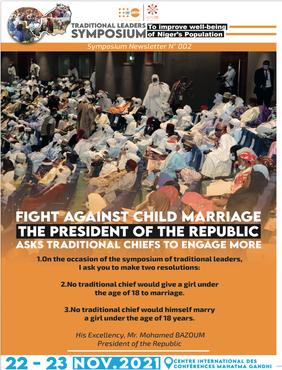
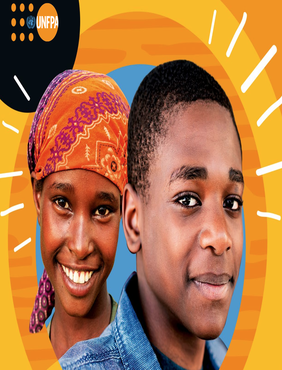
MEANINGFUL ADOLESCENT AND YOUTH ENGAGEMENT (MAYE) during responses to epidemics and pandemics
Adolescents and other young people under the age of 24 make up a quarter of the world’s population (1.8 billion) with 89% of this particular demographic living in low- and middle-income countries (UNFPA, 2019). In the West and Central Africa region about 64% are under the age of 24, a tremendous potential resource. However, public health emergencies, epidemics and pandemics like Ebola, Zika, SARS, HIV and COVID-19 disrupt and limit young people’s participation in society and their access to facilities including sexual and reproductive health services.
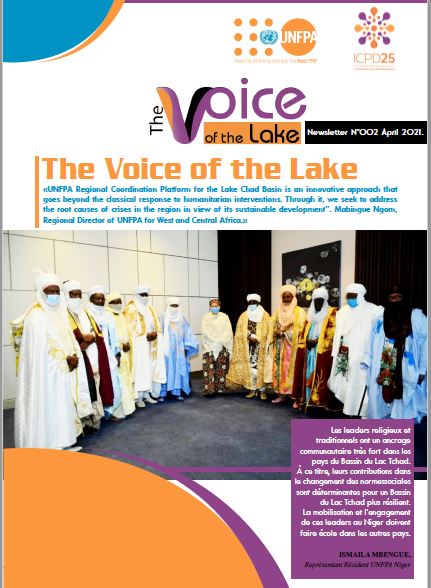
The Voice of the Lake
The Humanitarian Needs Overview (HNO) indicates that of the 20 million people in urgent need and humanitarian assistance in the Lake Chad Basin, 3.7 million are in Niger. Women and young girls are among the most vulnerable categories with 51%. They often face problems of access to basic social services, particularly reproductive health services for women of childbearing age and education for young girls. For young boys, the precariousness of the situation, exposing them to idleness, a source of poverty, facilitates their easy enrollment by the GANEs.
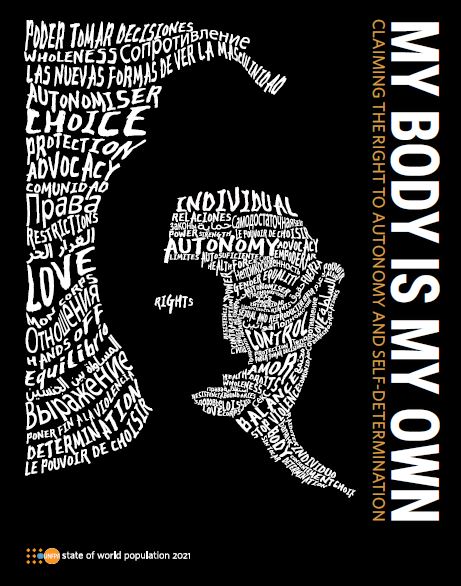
MY BODY IS MY OWN CLAIMING THE RIGHT TO AUTONOMY AND SELF-DETERMINATION
Nearly half of women in 57 developing countries are denied the right to decide whether to have sex with their partners, use contraception or seek health care, according to UNFPA's 2021 flagship State of World Population report, released today. For the first time, a United Nations report focuses on bodily autonomy: the power and agency to
make choices about your body, without fear of violence or having someone else decide for you. This lack of bodily autonomy has massive implications beyond the profound harms to individual women and girls: potentially depressing economic productivity, undercutting skills, and resulting in extra costs to health care and judicial systems.
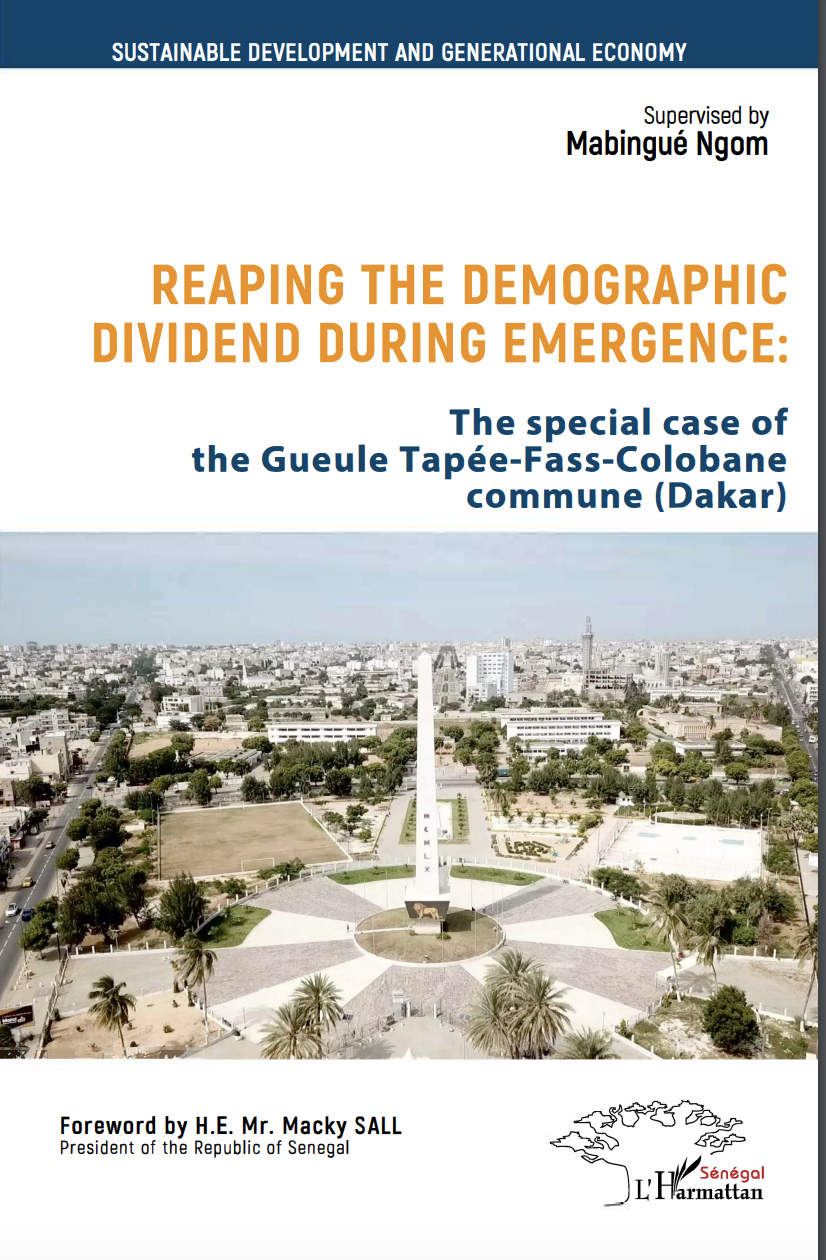
Reaping the demographic dividend during emergence
The book documents the process of setting up and implementing the Demographic Dividend project tested in Gueule Tapée-Fass-Colobane. It is the culmination of a long process of hard work. Produced under the direction of the Regional Director of the United Nations Population Fund (UNFPA), Mr. Mabingue Ngom with a preface by the Head of State of Senegal HE Mr. Macky Sall, the postafce is written by the Mayor of Fass Gueule Tapée Colobane, Mr. Ousmane Ndoye and Ms. Safietou Diop from the Siggil Jigeen network.
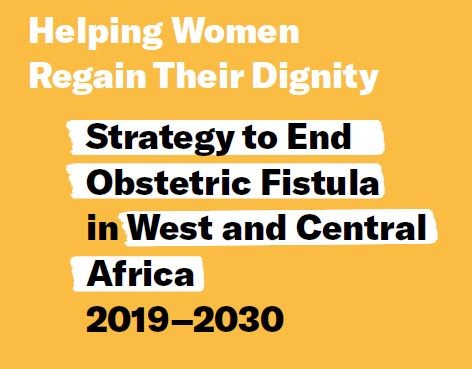
Helping Women Regain Their Dignity
Helping Women Regain Their Dignity
Strategy to End Obstetric Fistula in West and Central Africa 2019–2030
Obstetric fistula is an abnormal opening between the urinary and genital, genital and digestive and/or genital, urinary and digestive tracts, resulting from prolonged labor during childbirth. It can lead to the uncontrolled loss of urine and/or faeces and other complications such as dermatitis of the vulva and thighs, urinary tract infections, sexual dysfunction and infertility.

Voice of Lake Chad
The data, evidence and our experiences compel us to think that peace, security, stability and the development of the countries around Lake Chad remain essentially dependent on the acceleration of a demographic transition, without which we will continue to see rapid increases of an unmet social demand.


Is Demography a threat To peace and security in the Sahel?
The increase in various forms of violent conflicts across sub-Saharan Africa has led scholars and policy makers to raise questions about the correlations between demography, peace and security. In regions such as the Sahel, peace and development have in recent years been threatened by increasing internal and cross-borders security challenges including armed conflicts, extreme terrorist attacks (by jihadist groups such as Boko Haram, Al Qaeda, or IS- affiliated groups, and the separatist Tuareg rebel) and organized crime. Precisely, the region has observed a devastating surge in terrorist attacks, with its so-called Sahel countries like Mali, Niger and Burkina Faso witnessing terrorist-related casualties increasing five-fold since 2016 (UN News, 2020). The situation is further exacerbated by environmental degradation, poor governance, and massive influx of migrants from other sub-Saharan African states.

Demography, Peace and Security: Perspectives for a resilient Central Sahel
Edited by Mabingué Ngom, UNFPA Regional Director for West and Central Africa, with a preface by His Excellency Mahamadou Issoufou, President of the Republic of Niger, this book deals with a vital demographic issue in the Sahel.